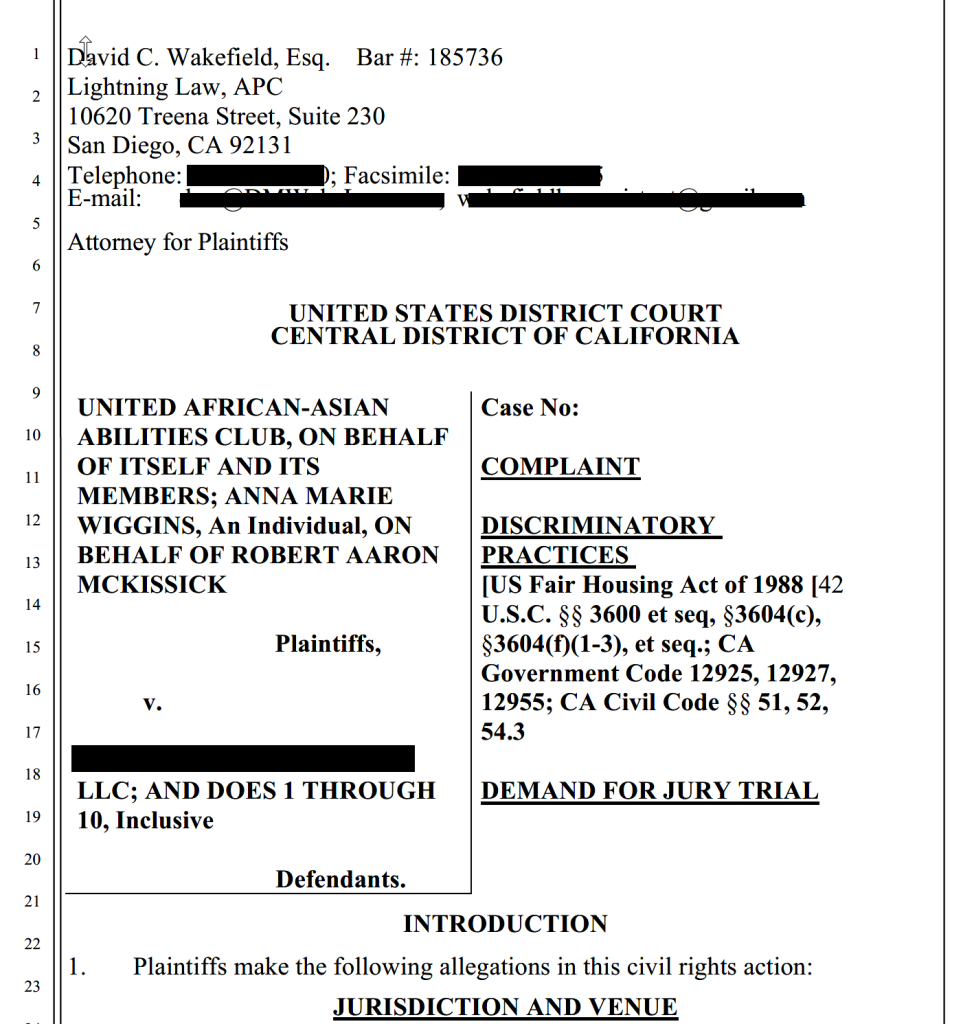After nearly two decades of peace in the vineyards, California wineries are once again the targets of ADA litigation. ADA lawsuits are being filed almost daily against wineries large and small by a single plaintiff, Andres Gomez. Mr. Gomez, a Miami resident, has sued more than 100 wineries in Northern California and the Central Coast, claiming their websites violate the ADA.
You may recall the late 1990s, when wineries in the Napa, Sonoma and Anderson valleys offering tasting rooms, vineyard tours and special events were the targets of ADA architectural barrier lawsuits. Those lawsuits involved physical barriers such as inaccessible parking, tasting rooms, and bathrooms.
Focus now is on cyber accessibility
Well, wineries are back in the crosshairs of serial ADA plaintiffs. These recent ADA lawsuits focus on website accessibility for people who are visually impaired. They allege these wineries discriminate against individuals who navigate websites using the assistance of screen-reader software. Screen reading software is an assistive technology that interacts with an application’s digital components – such as images, text, links and buttons – by converting these and other elements to audible synthesized speech outputs. Web developers need to code websites to be screen-reader compatible. Continue ›

 ADA Compliance and Defense Blog
ADA Compliance and Defense Blog


 The answer lies in the legislative design. The ADA was signed into law under the George H.W. Bush administration in 1990. It was designed to avoid further government bureaucracy by allowing aggrieved individuals to enforce the law by filing private lawsuits with the courts, rather than having a governmental agency enforce the law.
The answer lies in the legislative design. The ADA was signed into law under the George H.W. Bush administration in 1990. It was designed to avoid further government bureaucracy by allowing aggrieved individuals to enforce the law by filing private lawsuits with the courts, rather than having a governmental agency enforce the law.